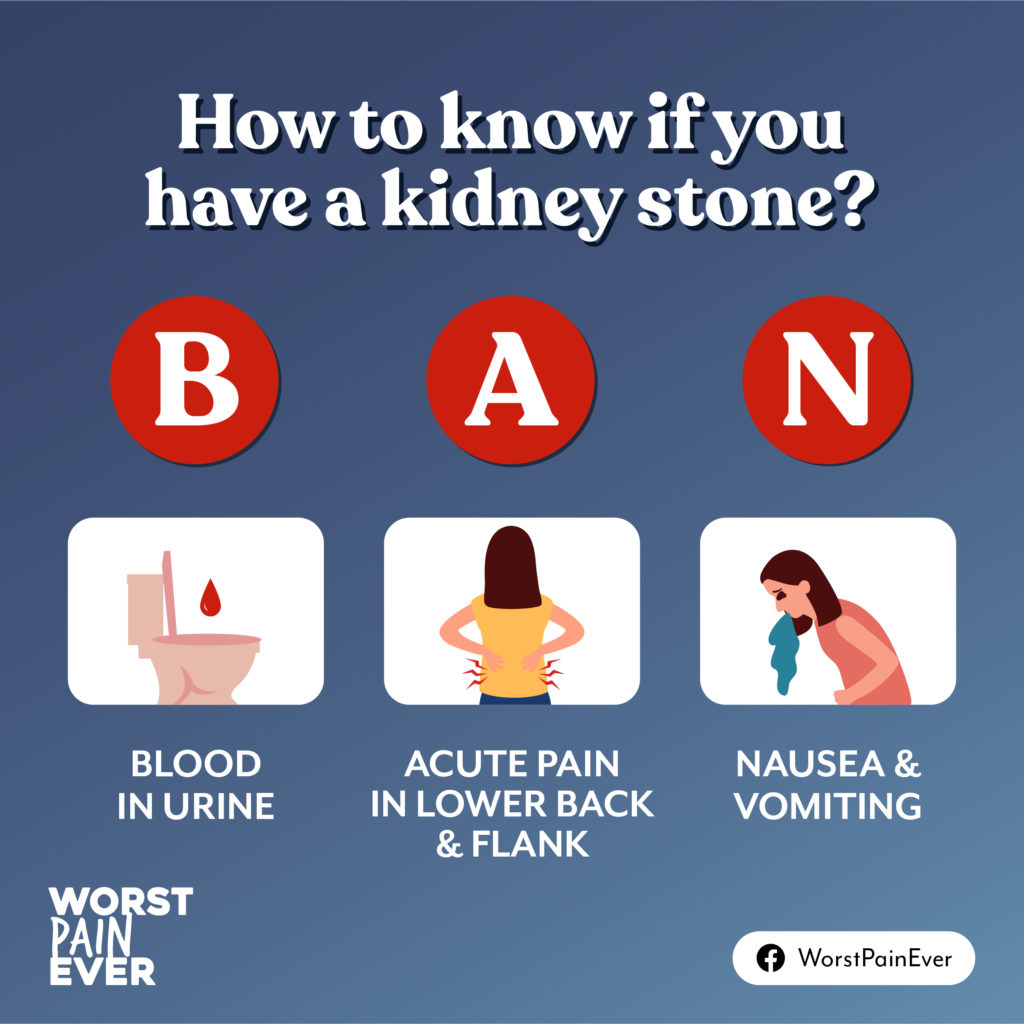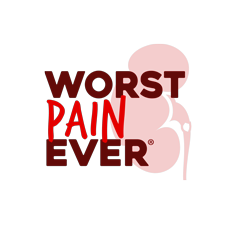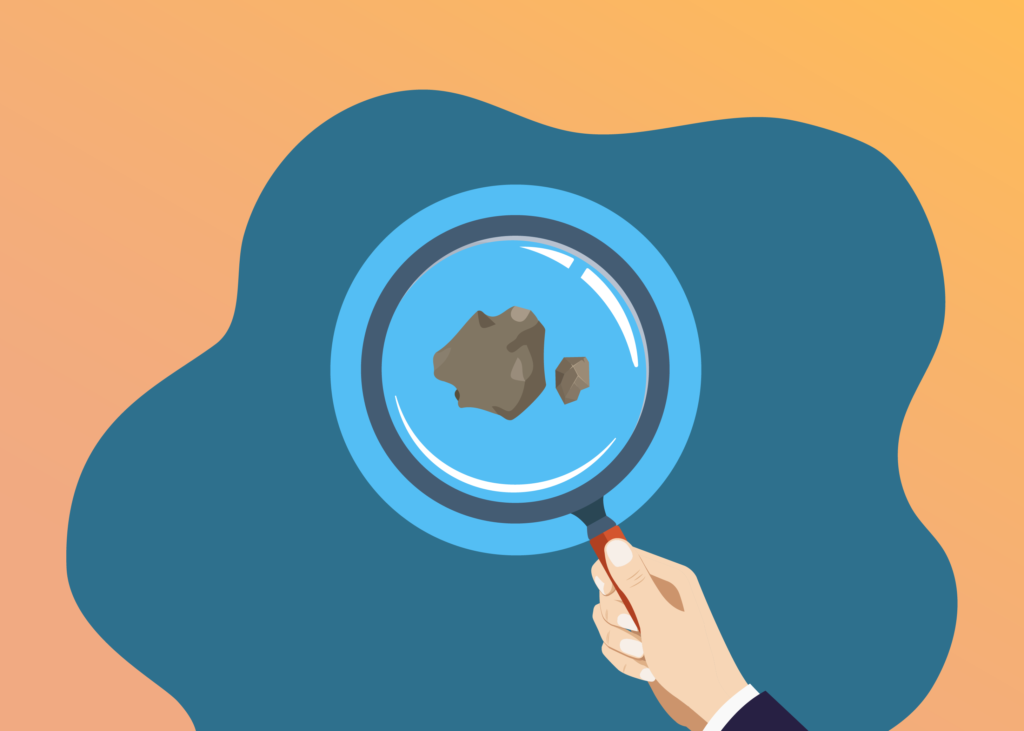We won’t lie – kidney stones are easily the worst pain ever, and they can be pretty traumatic. Here’s everything you need to know about kidney stones, as a first-time stone former.
And no matter what, you’re never alone! Join the world’s largest kidney stone patient community and find solace among fellow kidney stone warriors in our private Group.
What are kidney stones?
Kidney stones are hard minerals which form inside your kidneys, when there is an excess of substances such as calcium, oxalate and/or uric acid in your urine. If your stones are small enough, you may be able to pass them naturally through your urine, while experiencing minimal or no symptoms at all. Larger ones may get lodged in your ureter, which is the tube that transports urine from your kidneys to the bladder. This can block your urine flow and cause an immense amount of pain¹.
How do I know if I have a kidney stone?
When a kidney stone is lodged in your ureter, your body may try to pass the stone by contracting the ureter. These spasms, along with the pressure caused by urine blockage, can be extremely painful. Common symptoms include blood in urine, acute pain in lower back and flank, pain when urinating, nausea and vomiting². Patients often claim that kidney stones are the worst pain ever – comparable to childbirth, and some have mistaken these symptoms as signs of other major conditions, such as a heart attack! If you’re in doubt and in unbearable pain, head to the E.R immediately.

What can I do to treat my kidney stone?
If your stone is too large or complicated to be treated through oral medication, your doctor may recommend that you undergo extracorporeal shock wave lithotripsy (ESWL), ureteroscopy (URS) or percutaneous nephrolithotomy (PCNL) to treat it. Here’s a simple guide to the three main procedures for kidney stones³!

Sources:
-
Kidney stones: Overview (2019). NCBI Bookshelf. Retrieved from https://www.ncbi.nlm.nih.gov/books/NBK348937/
-
Symptoms & causes of kidney stones (2017). National Institute of Diabetes and Digestive and Kidney Diseases. Retrieved from https://www.niddk.nih.gov/health-information/urologic-diseases/kidney-stones/symptoms-causes
-
Assimos, D., Krambeck, A., Miller, N. L., Monga, M., Murad, M. H., Nelson, C. P., Pace, K. T., Pais, V. M., Pearle, M. S., Preminger, G. M., Razvi, H., Shah, O., & Matlaga, B. R. (2016). Surgical Management of Stones: American Urological Association/Endourological Society guideline, part II. Journal of Urology, 196(4), 1161–1169. https://doi.org/10.1016/j.juro.2016.05.091





